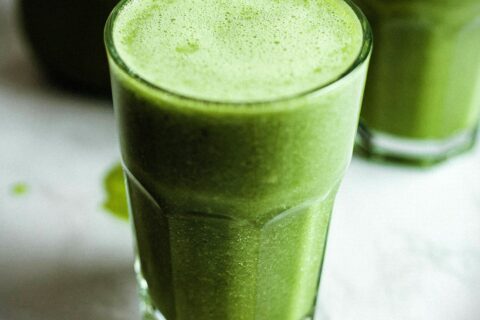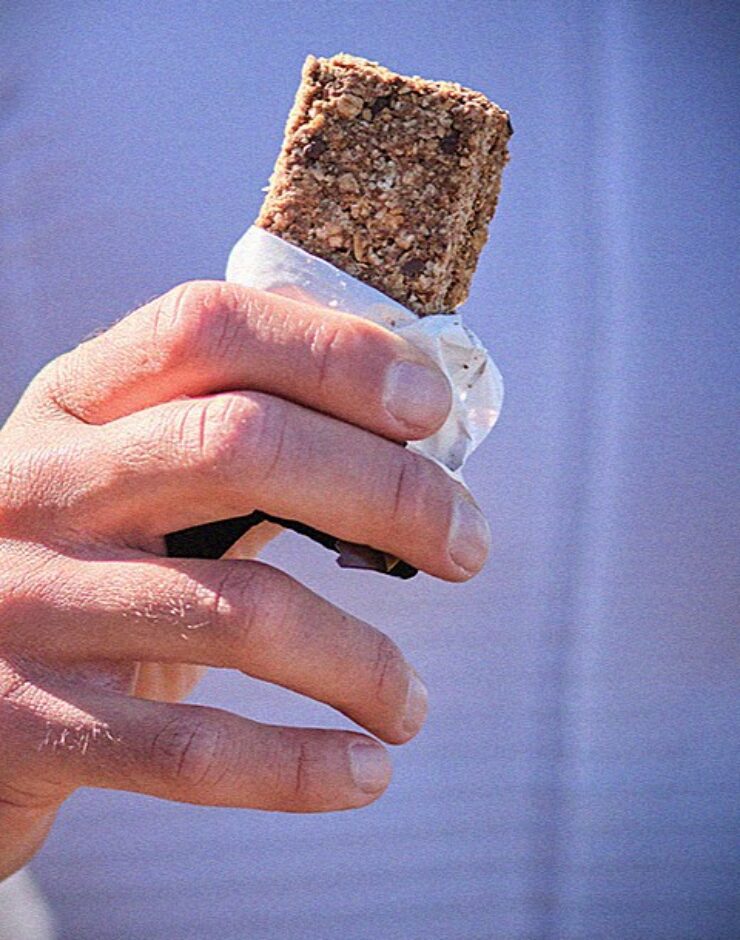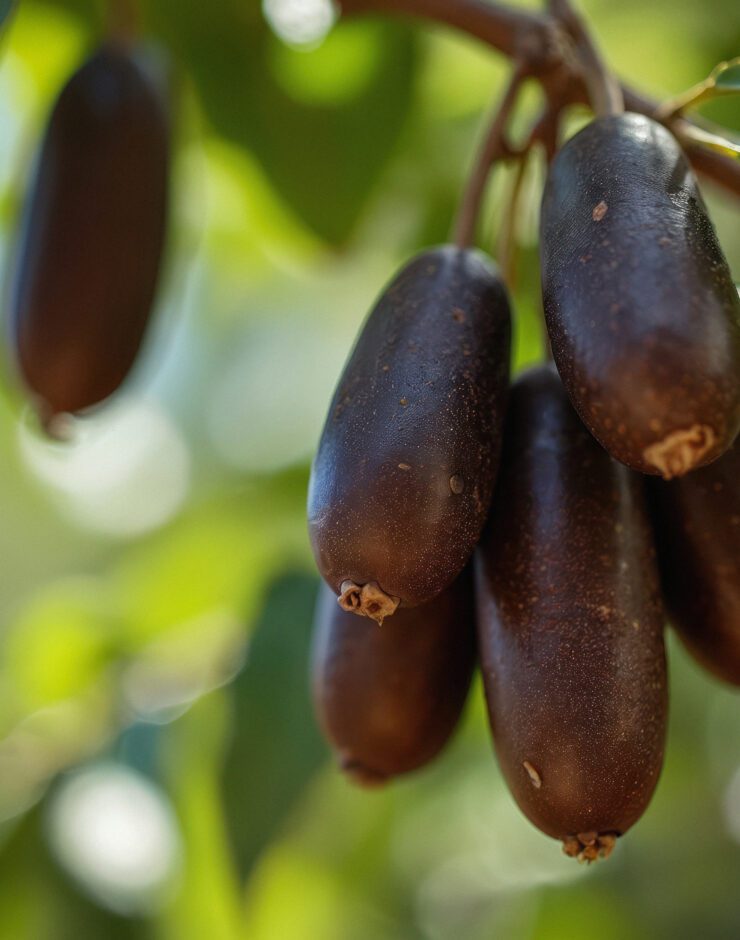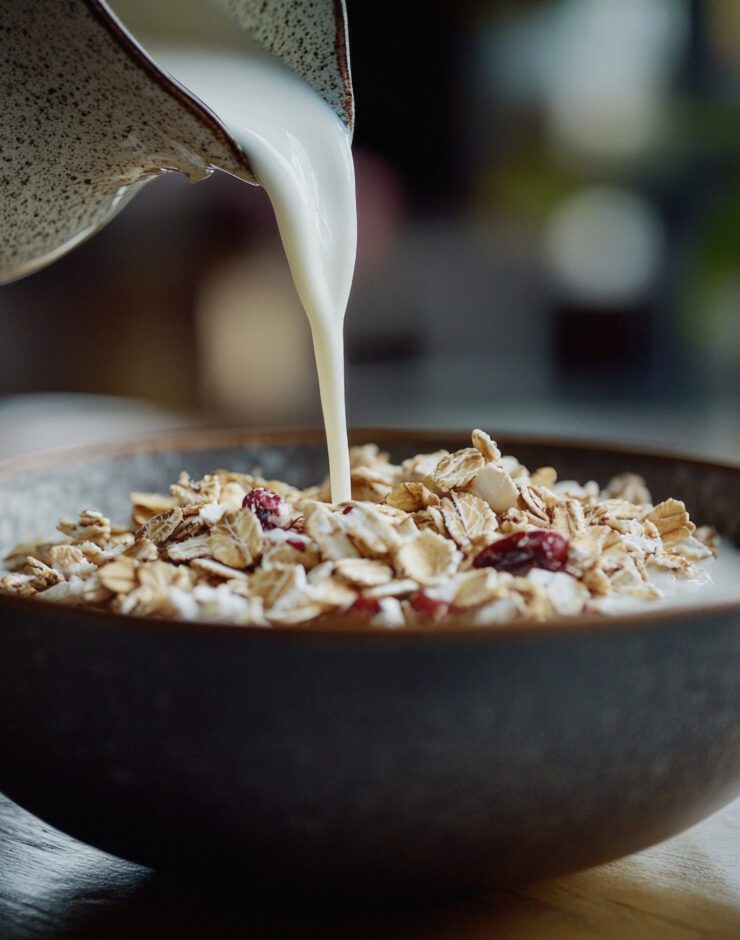Carob Powder Considerations & Limitations
While carob powder is a versatile and health-friendly alternative to cocoa, it does come with a few considerations.
Its natural sweetness and mild flavour, while advantageous in some formulations, may not fully replicate the rich bitterness or depth of chocolate flavour that cocoa offers—potentially requiring flavour balancing or blending in chocolate-based applications.
Carob also has a lower fat content than cocoa, which can affect texture and mouthfeel in recipes where fat plays a key functional role.
Additionally, due to its natural sugar content, carob may not be suitable for ultra low-sugar or ketogenic diets without careful formulation. Its tannin content, though contributing antioxidant benefits, can also impart a slightly astringent note if used at high inclusion rates.
Finally, as with any plant-based ingredient, product consistency can vary slightly depending on harvest and processing conditions, so sourcing from reliable suppliers is important for consistent quality.
Request A Sample










